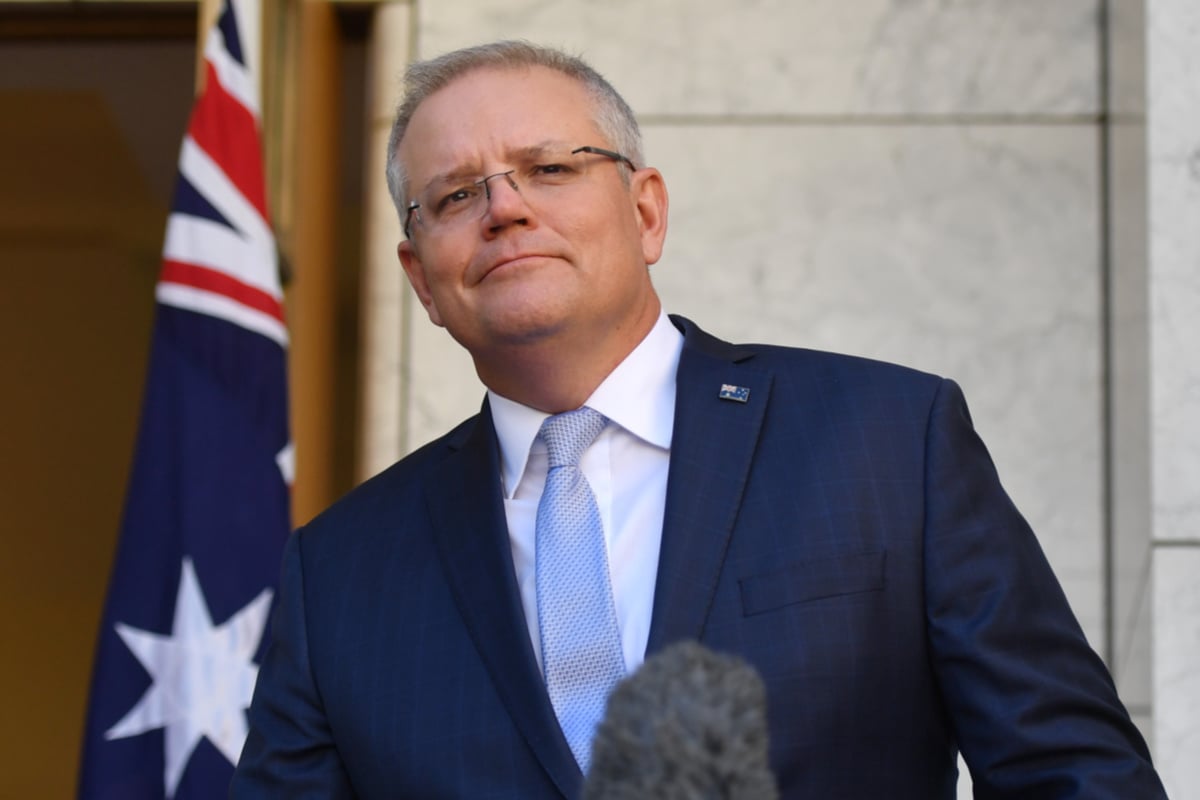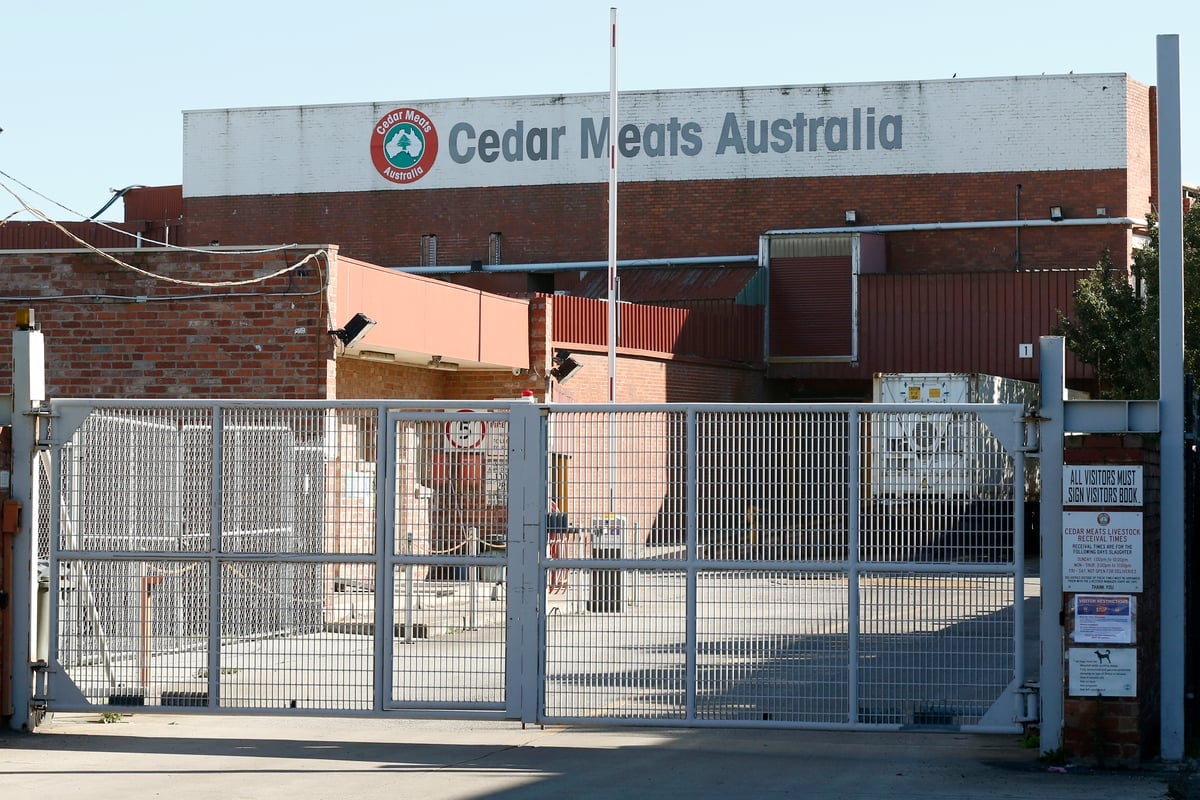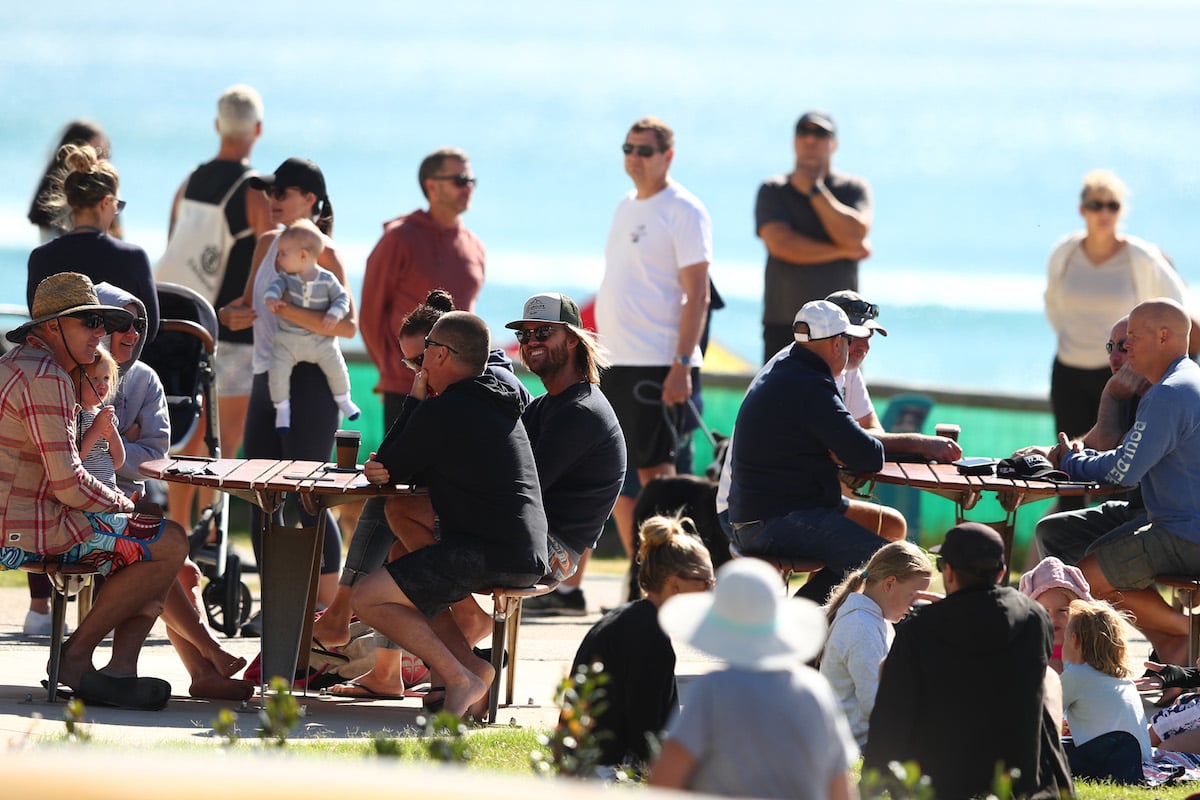
National Cabinet announces $48.1 million for mental health funding.
Following Friday’s National Cabinet meeting, Prime Minister Scott Morrison has announced $48.1 million in funding for a national mental health and wellbeing pandemic response plan.
“It was particularly encouraging to see that, with the advent of telehealth, we are now seeing the number of presentations and consultations occurring for mental health now back to levels that were being experienced pre-pandemic,” he said.
Christine Morgan, who is heading up the national mental health commission, said the plan will aim to help people struggling with substance use and substance abuse, gambling, as well as issues around “domestic, family and sexual violence”.
“It belongs with us. And we are committed, absolutely committed, to being there for anybody who needs help. And we call it out, reach out, we are there for you,” she said.
Health Minister Greg Hunt added, “The stress of concerns about health, the loneliness of isolation, anxiety about a job, a small business’s set of finances, the mortgage – all of these pressure which come with the pandemic have created specific mental health challenges. Everyone here will have seen or felt, in among their own families or friends or circles, the pressures that are in place right across Australia. So one of the most important things we can do is to provide mental health support.”
There are three parts to this mental health plan. The first will see $7.3m invested in real-time research and data. Secondly, $29.5m will be invested in outreach to vulnerable communities including the elderly, people from non-Engish-speaking backgrounds, Indigenous Australians and people with pre-existing mental health conditions. The third will see $11.3m go towards communication and outreach, $10.4m of which will be spent on a national campaign-based around the slogan “It’s OK not to be OK.”



